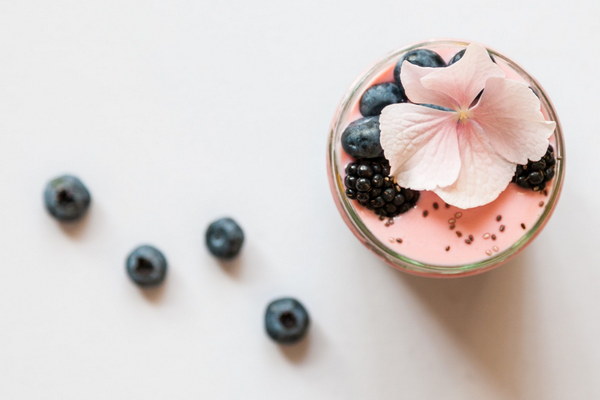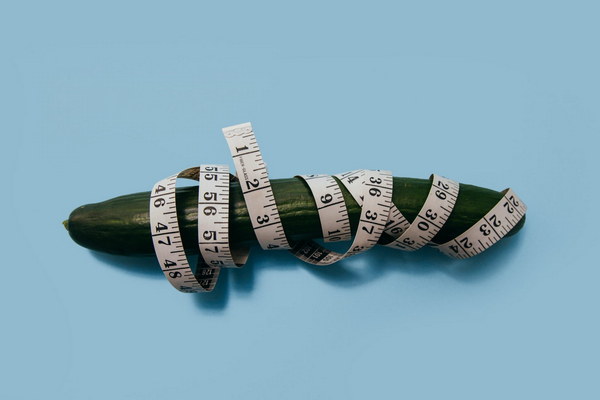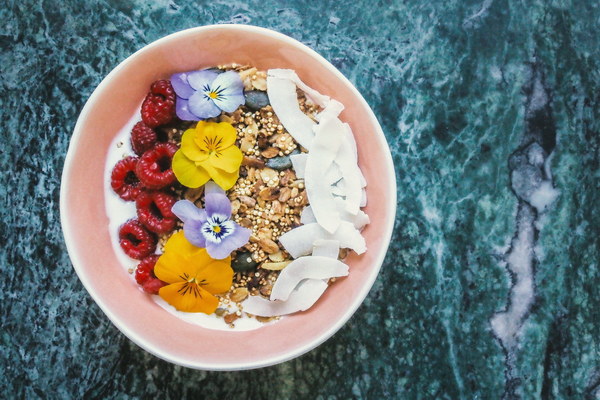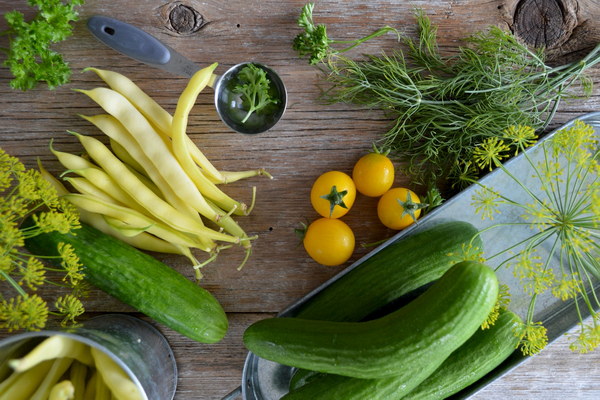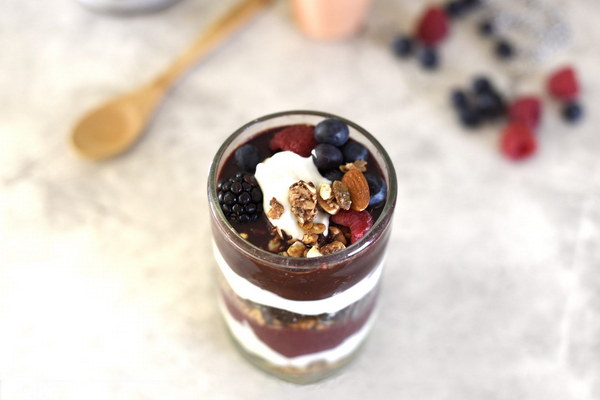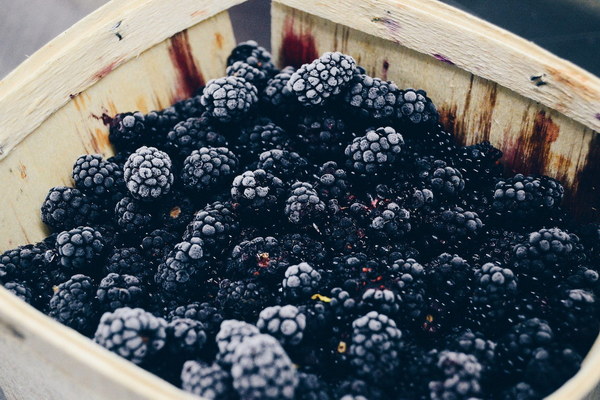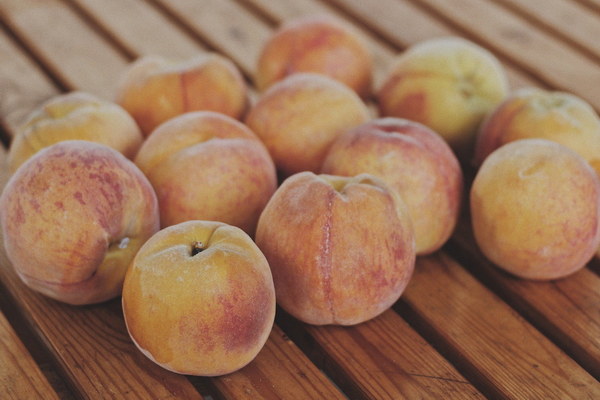The Head Therapy Qili Decoction A Traditional Remedy for Modern Hair Health
The Head Therapy Qili Decoction: A Traditional Remedy for Modern Hair Health
In the realm of traditional Chinese medicine, there exists a profound herbal concoction known as the Head Therapy Qili Decoction. This ancient elixir has been used for centuries to address a myriad of hair-related issues, from thinning hair to dandruff, and is gaining popularity in the modern world for its holistic approach to hair health. Let us delve into the origins, ingredients, and benefits of this traditional remedy.
Origins and History
The Head Therapy Qili Decoction has its roots in the classical texts of Chinese medicine, which date back over two millennia. It is believed to have originated during the Han Dynasty, around the 1st century AD. The decoction is named after its primary ingredient, Qili (Cynanchum wilfordii), a plant with roots that have been traditionally used in Chinese medicine for their healing properties.
Throughout history, the Head Therapy Qili Decoction has been prescribed by herbalists to treat not only hair loss but also to strengthen hair roots, improve hair texture, and alleviate scalp conditions. Its efficacy has been passed down through generations, making it a staple in many Chinese households.
Ingredients
The Head Therapy Qili Decoction is a carefully curated blend of herbs, each with its own therapeutic properties. The primary ingredients include:
1. Qili (Cynanchum wilfordii): Known for its ability to nourish the kidneys, Qili is believed to stimulate hair growth and strengthen hair roots.
2. He Shou Wu (Polygonum multiflorum): This herb is revered for its anti-aging properties and is thought to promote hair regrowth and improve hair color.
3. Peony Root (Paeonia lactiflora): Known for its anti-inflammatory properties, Peony Root helps to soothe the scalp and alleviate itching or irritation.
4. Safflower (Carthamus tinctorius): Safflower is used to improve blood circulation to the scalp, which can help with hair growth and prevent hair loss.
5. Jin Yin Hua (Honeysuckle flower): This flower has cooling properties and is used to address scalp issues such as dandruff and seborrheic dermatitis.
The decoction is prepared by simmering these herbs in water for an extended period, allowing the active compounds to be extracted and concentrated.
Benefits of the Head Therapy Qili Decoction
The Head Therapy Qili Decoction offers a multitude of benefits for hair health:
1. Stimulates Hair Growth: The combination of herbs in the decoction is believed to stimulate the hair follicles, leading to increased hair growth.
2. Strengthens Hair Roots: The decoction helps to strengthen the hair roots, reducing the risk of hair loss and breakage.
3. Improves Scalp Health: The anti-inflammatory properties of the herbs can soothe an itchy or inflamed scalp, while the anti-dandruff ingredients can help to reduce flaking and irritation.
4. Enhances Hair Texture: Regular use of the decoction can improve the overall texture of the hair, making it appear healthier and more vibrant.
5. Boosts Immune System: Some of the ingredients in the decoction, such as He Shou Wu, are known to boost the immune system, which can indirectly contribute to better hair health.
How to Use the Head Therapy Qili Decoction

To use the Head Therapy Qili Decoction, follow these steps:
1. Prepare the Decoction: Boil the herbs according to the instructions provided by your herbalist or in a traditional Chinese medicine text.
2. Cool and Strain: Allow the decoction to cool, then strain out the herbs to obtain the liquid.
3. Apply to Scalp: Use a small amount of the decoction to gently massage your scalp, ensuring that the mixture reaches all areas.
4. Leave on for a Period: Depending on the specific recipe, you may need to leave the decoction on for a certain amount of time before rinsing it out with warm water.
5. Repeat Regularly: For best results, use the Head Therapy Qili Decoction regularly, as recommended by a healthcare professional.
Conclusion
The Head Therapy Qili Decoction stands as a testament to the wisdom of traditional Chinese medicine, offering a natural and holistic solution to modern hair health concerns. With its rich history and proven benefits, this ancient remedy continues to be a sought-after treatment for those looking to improve the health of their hair and scalp.
